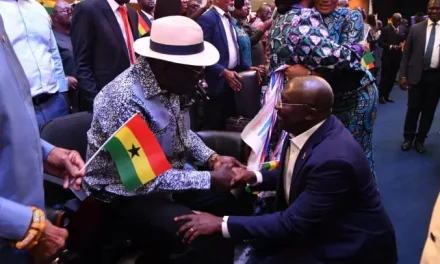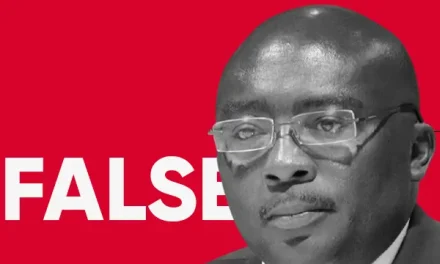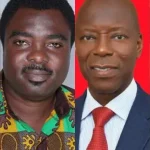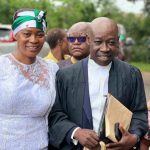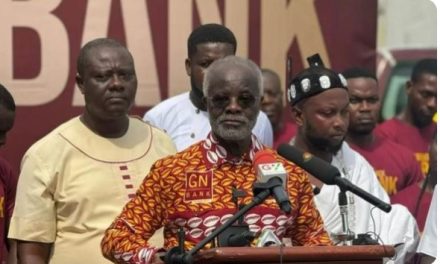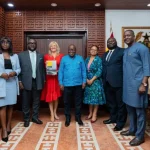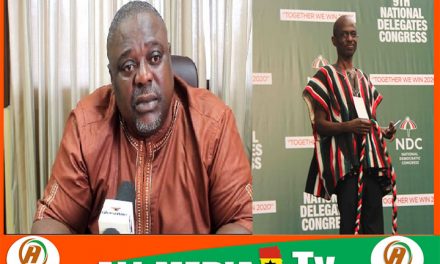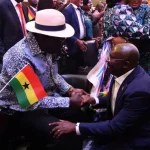
‘Attorney General got his wish, so why complain?’ – Edudzi Tameklo on Supreme Court ruling
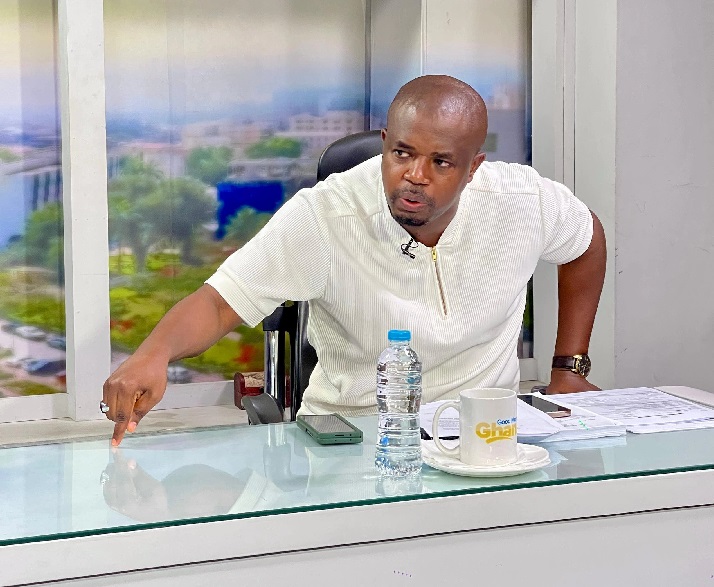

According to Godwin Edudzi Tameklo, the Legal Director of the National Democratic Congress (NDC), any objections are now inconsistent because the Attorney General and Minister for Justice, Godfred Yeboah Dame, obtained the result he wanted from the Supreme Court’s decision on the Speaker’s proclamation.
He questioned concerns that the Speaker of Parliament failed to present a defence in response to the Supreme Court’s recent 5-2 decision declaring the Speaker’s declaration illegal.
Mr. Tameklo questioned the Attorney General’s initial arguments regarding the Speaker’s representation after considering the legal proceedings that resulted in the decision.
“If I recall correctly, the Attorney General attempted to give the impression that the Speaker’s attorney, Thaddeus Sory, lacked the necessary authority to represent the Speaker at the last hearing,” he said on Tuesday on Joy News’ PM Express.
He went on to say that Mr. Dame even maintained that he should be the one defending the action in constitutional cases.
He suggested that Dame’s position on the Speaker’s legal counsel was in line with the result, asking, “So if the Attorney General, by coincidence or otherwise, has been given what he wished for, why the complaint?”
Mr. Tameklo clarified that the Supreme Court was not constrained by the reasons made in written submissions when interpreting the Constitution.
“Is the Supreme Court bound by the parties’ written arguments?” is the central query. “The court has repeatedly declared that these arguments do not bind them,” he said.
The Supreme Court is tasked with upholding the Constitution, he underlined, and although legal arguments aid in this process, they do not determine the court’s final interpretation.
According to Mr. Tameklo, the procedures seem to have been impacted by the Attorney General’s insistence on having jurisdiction over constitutional issues concerning the Speaker.
The Attorney General questioned Mr. Sory’s eligibility to represent the Speaker and contended that consent from the Public Procurement Authority (PPA) was necessary.
Any worries Mr. Dame could have about the Speaker’s failure to provide a defence now seem out of place, according to Mr. Tameklo, who observed, “That was his position, so, in essence, he got his wish.”
The NDC attorney made the point that, particularly in circumstances of national importance, substantive problems should take precedence over representational or procedural disputes in constitutional cases.
He declared that the decision, notwithstanding differences of opinion, represents the court’s autonomous interpretation of the Constitution with the goal of upholding democratic integrity.
The Supreme Court is not constrained by party arguments; its job is to interpret the Constitution. He reiterated his respect for the legal system by saying, “Our submissions only assist, not determine, the final ruling.”
He contended that in order to avoid future disputes of this nature, the ruling serves as more evidence of the necessity of defining the functions and boundaries of both the Executive and Parliament.

